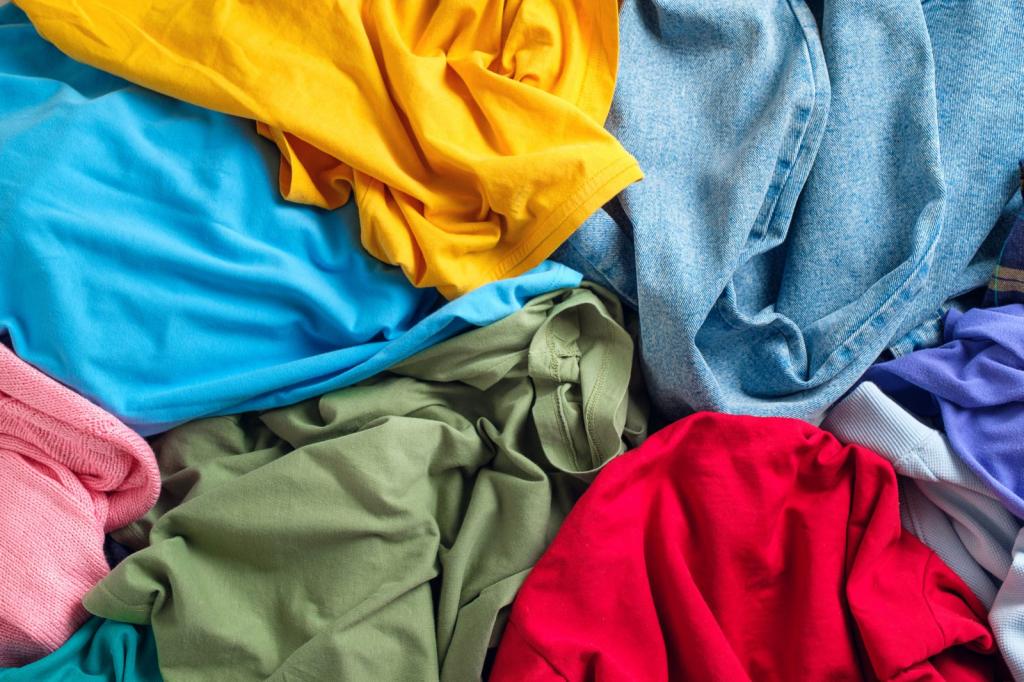Tracy Meserve is a librarian at The George Washington University and The Textile Museum in Washington, D.C.
Every year, a host of new sustainable fashion companies crop up, each capitalizing on consumers who wish to mitigate the environmental effects of their consumption. But ethical purchases can only do so much. Elizabeth Cline, author of Overdressed: The Shockingly High Cost of Fast Fashion, recently admitted that her decades of careful consumption have accomplished nothing: “I’ve stopped confusing my ethical PJs for social change — and I’ve thrown myself into figuring out how to build real political power instead,” she wrote in Atmos.
The textile industry is a major environmental problem: Fast fashion is adding to our already overfilled landfills, while its production and transport is contributing to our carbon load; pesticide-heavy cotton crops are polluting our land and water; and polyester microfibers are damaging our oceans. And then there are the labor violations associated with the industry worldwide.
What we really need are policy changes that bolster local organic textile production and require U.S.-based compan... Read more
